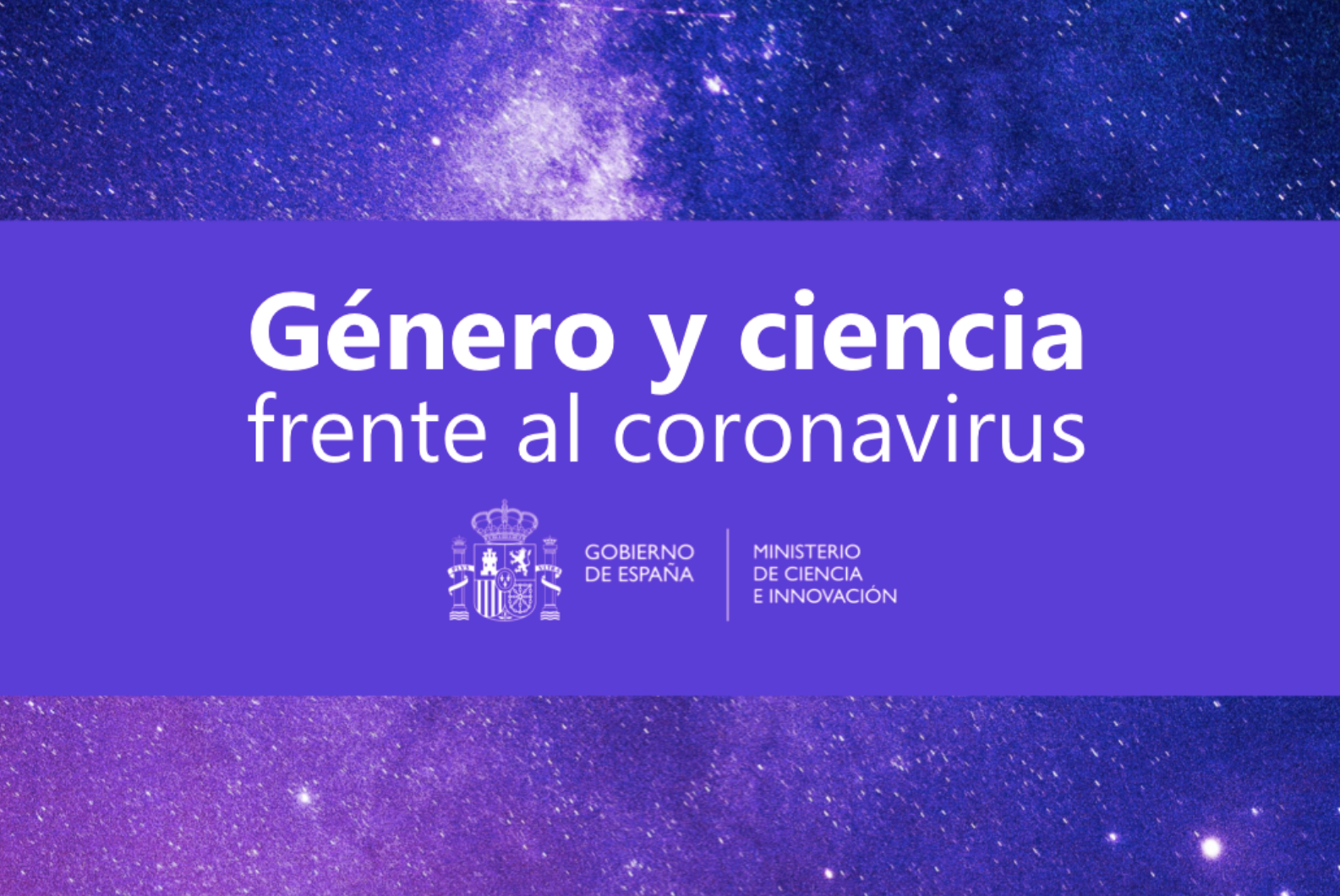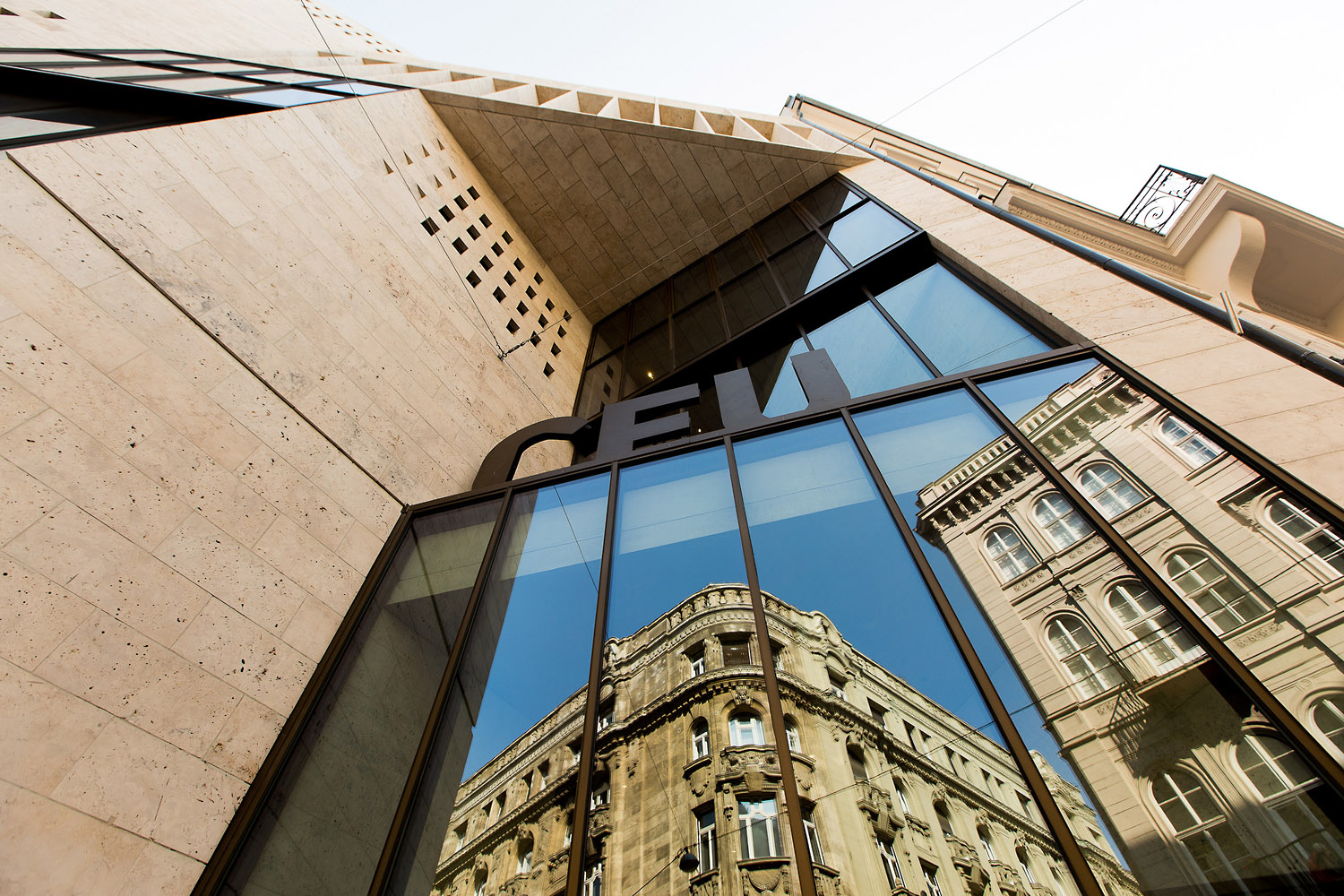Decentralized pathways for the integration of a gender dimension in R&E at the University of Coimbra
By Francisco Rodrigues, CES-UC
The UC SUPERA team has been in direct connection with the rectorate from the beginning of the project, and more so since the transition from the baseline assessment to GEP design and subsequent implementation strategies.
Although central support and a reliable working relation are fundamental for the success of the project, this is not the most streamlined approach in the initial stages of implementation. The formal approval process is complex, requiring input from a myriad of relevant stakeholders and decision-making bodies.
For that reason, but primarily to create a decentralized platform that enables the development of specific solutions within the diverse contexts in UC, we adopted a sort of centrifugal approach. This means securing institutional backing at the highest level and leveraging it to capitalize on the various levels of autonomy within the University’s structures. The cornerstone of this approach are Focal Points for the main Research and Education Units, as they were nominated by the respective unit Directors following a direct request at a Senate session. Through capacity-building for gender mainstreaming, providing its members with adequate competencies and data on the institution’s state-of-play, such a network enables the detection and maximization of windows of opportunity for institutional change, not only at the Unit level.
As these Units enjoy scientific and pedagogical autonomy, the integration of a gender dimension benefits from this platform. Directly, it has so far led to the proposal of a seminar for final-year medicine students on gender biases in medicine (teaching, research and practice), as the Focal Point for the Faculty of Medicine identified a window of opportunity in the restructuring of that curriculum. Even though the current public health crisis postponed this process for a year, we are confident that the seminar will be integrated and work in tandem with ongoing parallel efforts in other contexts, while inspiring similar initiatives throughout the University.
Although that is encouraging, more tangible achievements have come from a different source within that decentralized approach. Shortly after confinement was imposed, we were contacted by the recently created Strategic Areas Unit, which sought to encourage female academics to apply for ERC grants. This team had come to us through the Focal Point of the larger Unit it is lodged in, the Institute for Interdisciplinary Research.
Due to the nature of the Institute and the Strategic Areas Unit, they work directly under the supervision of the Vice-Rector for Research. This allowed for that initial contact to blossom into a fully-fledged for the integration of the gender dimension in the UC’s scientific outputs and subsequent betterment of its scientific production.
This initiative entails a number of activities: a EEA grant application for combatting gender-based discrimination; the gender-sensitive revision of research-funding applications produced in the UC; the construction of a repository of relevant resources and inspiring practices with regards to the integration of a gender dimension in research; a communication campaign for the encouragement of academic excellence of researchers of the underrepresented sex in various fields and the development of a training course on the integration of the gender dimension in research, directed to researchers on all levels and fields, designed to take advantage of existing gender competencies throughout the fields and enlarging the group of gender-sensitive researchers (first edition scheduled for mid-September). This cooperative relation is promising for sustainable gender mainstreaming in the University’s scientific activities, as it is grounded on top-level strategic commitment, as well as the devotion of the supervising research structure’s resources.
The instances described are illustrations on the benefits of a decentralized approach, particularly in topic as varied and difficult to implement as integrating the gender dimension in research. For the UC SUPERA team, the most relevant takeaway from this experience is that investing in the embracement of a large and diverse number of stakeholders is complicated, time-consuming, and therefore often frustrating, but gratifying when it is time for returns, as they signify impactful and structural change.




